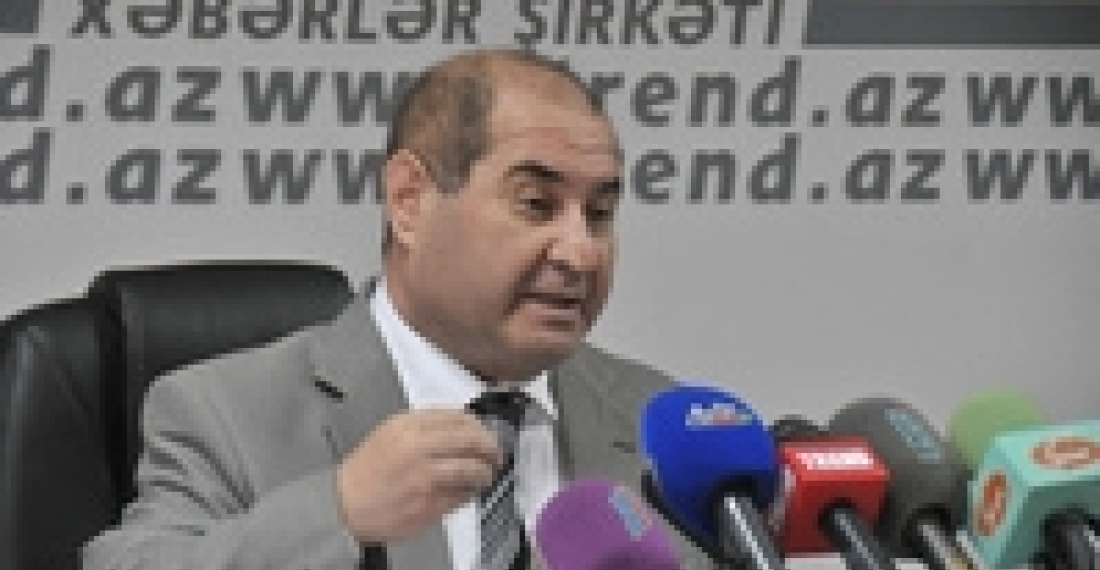Уважаемый азербайджанский политолог Мубариз Ахмедоглу, директор Центра политических технологий, раскритиковал политику США в отношении Южного Кавказа на пресс-конференции в агенстве новостей TREND 6 января 2012 года.
Выражая мнение, которое все чаще звучит из уст азербайджанских политологов Ахмедоглу заявил, что политика США в отношении региона была полностью под контролем армянского лобби, ссылаясь на последнюю неудачу Конгресса США утвердить назначение Мэтью Брайзы послом в Баку.
Азербайджано-русская газета Зеркало, в своем номере от 7 января 2012 цитирует Ахмедоглу, заявившего, что "Америка хочет поставить разрешение карабахского конфликта на второй план и серьезно разобраться с разделом Каспийского моря, и они сами создали там проблемы. Вашингтон также хочет столкновения Азербайджана с Россией. Но США не сделали ничего, чтобы помочь Грузии, когда страна конфликтовала с Россией. Естественно, Баку понял это, увидел роль армян в этих развитиях и не пошел на конфронтацию со своим северным соседом, с которым у нас нет принципиальных разногласий".
Говоря о ситуации вокруг Карабаха, Ахмедоглу заявил, что политические ресурсы для урегулирования нагорно-карабахского конфликта исчерпаны. "Несмотря на то, что были приложены большие усилия, встреча в Казани президентов Азербайджана, Армении и России не принесла серьезных результатов. А из-за того, что организаторы встречи внесли изменения в текст согласованного документа, он не был подписан" - цитирует Зеркало эксперта. По его мнению, крах посредничества Минской группы ОБСЕ уже начался. По данным газеты политолог добавил, что попытки договориться о встрече и диалогу между азербайджанской и армянской общинами Нагорного Карабаха остались безрезультатными. По его словам, это произошло потому, что армяне не согласились на этот диалог, и вообще не принимают деления общин Нагорного Карабаха на армянскую и азербайджанскую.
Источник: Сommonspace.eu по материалам Trend и Зеркало
Фото: Мубариз Ахмедоглу (фото любезно предоставлено Trend)
"Общественное мнение Армении относительно нагорно-карабахского конфликта все больше склоняется в направлении капитуляции, в обществе зреет подсознательное ощущение того, что "приватизировать" Нагорный Карабах не удалось", - считает Ахмедоглу.
Мубариз Ахмедоглу обвинил США в желании поставить разрешение карабахской проблемы на второй план, по сообщениям "Зеркало".
Мубариз Ахмедоглу обвинил США в желании поставить разрешение карабахской проблемы на второй план, по сообщениям "Зеркало".







